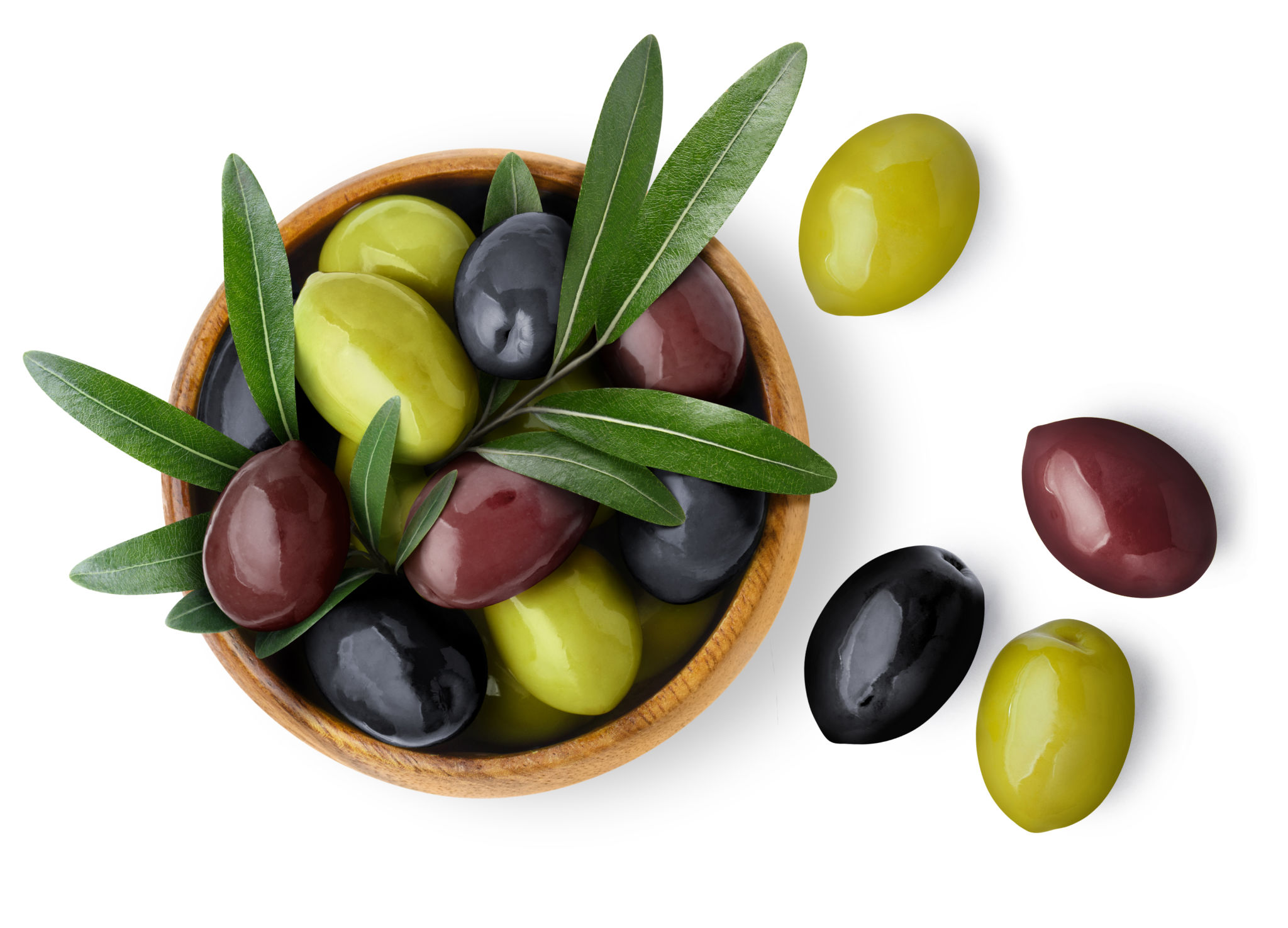Understanding the Benefits of Locally Grown Olives
Why Choose Locally Grown Olives?
In recent years, there has been a growing interest in locally grown produce, and olives are no exception. Choosing locally grown olives offers numerous benefits that extend beyond just taste. These benefits include enhanced nutritional value, support for the local economy, and environmental sustainability.
Locally grown olives tend to be fresher and more flavorful. Since they do not travel long distances, they can be harvested at peak ripeness, ensuring that you enjoy the full depth of their rich taste and texture. This freshness contributes to a superior culinary experience, whether you're using them in salads, tapenades, or as a standalone snack.

Nutritional Advantages
One of the primary benefits of consuming locally grown olives is their enhanced nutritional profile. Olives are known for being rich in healthy fats, particularly monounsaturated fats, which are beneficial for heart health. When harvested and consumed fresh, these nutrients are more potent and effective.
Additionally, locally grown olives may contain higher levels of antioxidants and vitamins. These nutrients can degrade over time during transportation and storage. By choosing local, you ensure that you're getting the most out of the olives' natural health benefits.

Supporting Local Economies
Purchasing locally grown olives also supports local farmers and businesses, strengthening the community's economy. When you buy local, more of your money stays within the community, which can help create jobs and promote sustainable agricultural practices.
Local farmers are often more invested in maintaining high-quality standards due to their direct relationship with consumers. This connection fosters a greater level of trust and accountability, ensuring that the olives you purchase are not only delicious but also responsibly produced.

Environmental Benefits
Choosing locally grown olives significantly reduces the environmental impact associated with transportation. Transporting goods over long distances requires considerable energy and contributes to greenhouse gas emissions. By opting for local produce, you help minimize this carbon footprint.
Moreover, local olive producers often employ sustainable farming practices that preserve natural resources and protect ecosystems. These practices can include crop rotation, organic farming methods, and water conservation techniques. Supporting these efforts contributes to a healthier planet.
Greater Transparency
When you buy locally grown olives, you have more transparency regarding their production process. You can often visit the farms, meet the producers, and learn about their farming methods firsthand. This transparency ensures that you are consuming produce that aligns with your values regarding sustainability and ethical farming.
This direct connection allows consumers to make informed choices about what they are eating. It also encourages producers to maintain high standards of quality and sustainability, knowing that their customers have insight into their operations.

Conclusion
In summary, the benefits of consuming locally grown olives extend well beyond their delightful taste. By choosing local, you enhance your nutritional intake, support your community's economy, and contribute to environmental sustainability. The next time you shop for olives, consider seeking out those grown close to home—you'll be doing your taste buds and the planet a favor.